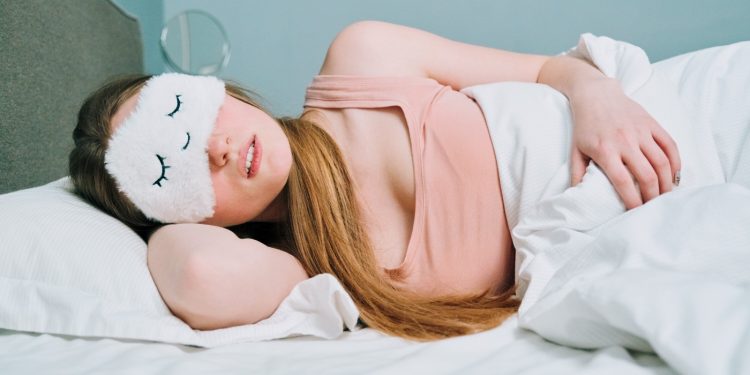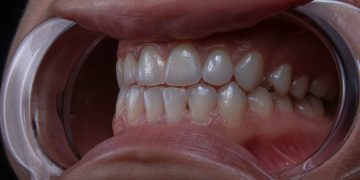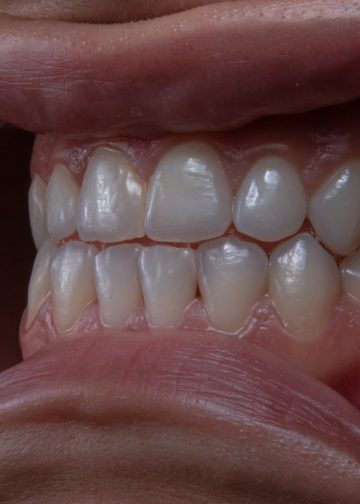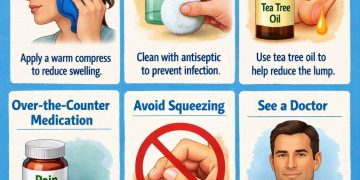After the vacations, it is hard to get back to everyday life, and we seem to lack the energy to get going every morning. The key is a good rest; however, more of us wake up with the feeling of not having had a good night's sleep. We review the routines that help us sleep soundly.
During the summer, we forget about schedules and good habits:
- We stay up late almost every day.
- We extend our naps.
- We fail to get up early.
- We eat lunch and dinner at late hours.
After all, vacations are for relaxing obligations and disconnecting from routines. But now that it's time to get back to work or school, it is essential to restore order to our routines as soon as possible: only then will we be able to resume our daily routine with energy and get rid of that feeling of exhaustion and low spirits.
THE IMPORTANCE OF A GOOD REST
Sleep is a physiological process of vital importance for our health, the correct functioning of the nervous system, and numerous bodily functions. Suppose we do not get a good night's sleep. In that case, we will quickly notice how our quality of life is reduced and how our physical shape and cognitive functions are affected: concentration and attention span decrease, reaction time increases, memory lapses, sudden mood changes, and alterations in the decision-making process, learning problems.
Poor sleep quality is often linked to numerous health problems, as well as an increased risk of developing diseases such as obesity, diabetes, hypertension, vascular diseases, metabolic changes, and cancer,” explains Dr. Ana Arcos, coordinator of the Study Group on Wakefulness and Sleep Disorders.
Sleep is involved in countless physiological processes, such as the consolidation of memory, hormonal regulation, etc.,” she explains.
And yet, despite its importance, the SEN estimates that between 20 and 48% adult population and between 20-25% of children have difficulty initiating or maintaining sleep.
WHAT DO WE MEAN BY GOOD OR RESTFUL SLEEP?
Three elements define good quality sleep:
Duration should be sufficient to feel rested and alert the next day: in the adult population, it is estimated that this time should be between 7 to 9 hours.
Continuity, because sleep periods should be continuous without fragmentation. Although we tend to associate insomnia with problems falling asleep, another type of disorder is those awakenings during the night, after which it is difficult to fall asleep again.
Depth. The body's functions slowdown in the deep sleep phase, and cell regeneration occurs. Its deficit is related to cardiovascular diseases and others such as diabetes and Alzheimer's disease.
5 TIPS FOR BETTER SLEEP
Although difficulties in getting adequate rest can originate in physical and psychological disorders, they are often due to bad habits. Therefore, it is advisable to review our routines and adhere as closely as possible to the recommendations of the experts.
- Regular schedules. Establishing a fixed time to sleep and wake up is necessary. The idea is to be as close as possible to biology, which invites people to be awake when there is natural light and to go to sleep when it gets dark. If naps are taken, they should not exceed 30 minutes.
- Physical exercise, yes, but… Regular exercise is essential but should be avoided in the evening. Sport helps relieve stress and favors a good rest as long as it is practiced in moderation and not immediately before bed.
- Relaxing routine. Reading, listening to soft music, breathing exercises, or meditation. Some papers writers recommend doing writing practice before going to bed – like freewriting or diarying. Any of these activities can prepare us for sleep, and we should get into bed only when we are relaxed and ready to sleep. This way, we will avoid tossing and turning, which generates nervousness and makes it challenging to rest.
- Silence and darkness. Our bedroom has to be a comfortable, fresh space, free of light and, as far as possible, of noises. It is also essential to ventilate it well and set it at a comfortable temperature, not excessively hot.
- Goodbye screens. Technology is, nowadays, one of the main enemies of sleep. The light emitted by screens is mighty, so much so that the suprachiasmatic nucleus of the brain, which regulates the rhythm of sleep and wakefulness, understands that it is daytime and inhibits the secretion of melatonin, delaying the onset of sleep. Ideally, say goodnight to all devices at least 1 to 2 hours before going to bed and leave them outside the bedroom. If this is not possible, it is recommended to use them for short periods and dim the screens' brightness.
THE FOOD THAT HELPS US TO SLEEP
Try to have light dinners and include foods rich in tryptophan in your diet.
Our dietary habits also influence the quality of our rest: some foods and nutrients promote relaxation and induce sleep, while others, on the contrary, scare us off. It is therefore advisable to
Avoid alcohol and caffeinated drinks six hours before bed and stimulate foods such as sugar or chocolate.
Try to have light dinners and include in your diet foods rich in tryptophan (the essential amino acid from which melatonin or sleep hormone is synthesized): bananas, pineapple, avocados, dairy products, eggs, oily fish.
Drink a hot drink before going to sleep. It helps us to propitiate sleep in the first place because it favors decreasing the internal temperature that prepares for sleep.
So, we wish you a good sleep and hope that our piece of advice will help you with that!





















